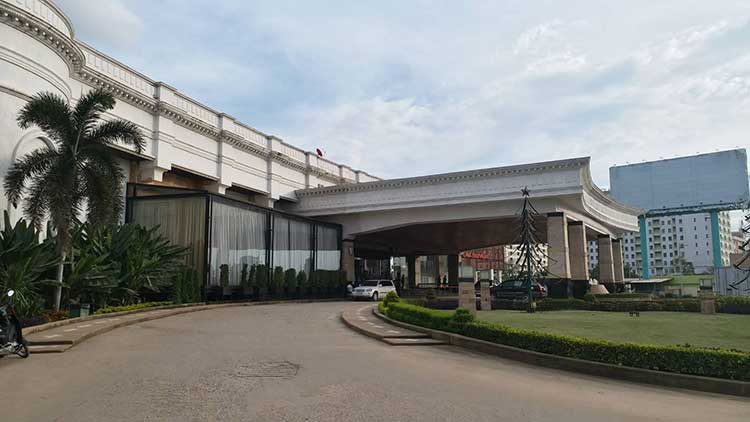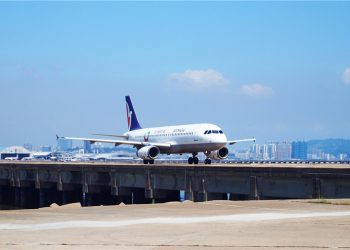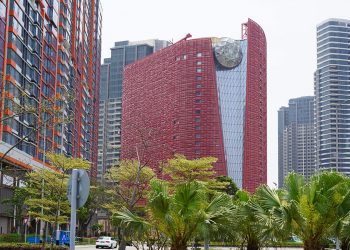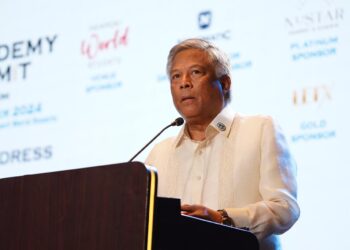Southeast Asian casino operator Donaco International Limited will file consecutive appeals after the arbitrator ruled in favor of the company’s former Thai vendors in a dispute over the land lease for Donaco’s Star Vegas casino in Cambodia.
The dispute relates to alleged breaches by the vendors – named as Lee Bug Leng, Lee Bug Huy and Lee Bug Tong – of non-compete clauses tied to a 50-year lease Donaco signed with the vendors’ wholly-owned company Lee Hoe Property Co., Ltd in June 2015.
The vendors had originally been granted permission to host gaming facilities in a neighboring property in a deal that saw Donaco paid a monthly management fee of THB5 million (US$151,000), but that agreement expired in 2017 with no new management arrangements put in place. When Donaco objected to the continuation of gaming operations in defiance of non-compete provisions, the vendors threatened to terminate Donaco’s Star Vegas land lease.
As revealed by Donaco in a Thursday filing, the vendors’ claim for termination of the lease centered around the fact that they hadn’t been paid rent since November 2017. However, Donaco referred to a stipulation in the lease that the lessor (Lee Hoe Property) must provide a bank account for the payment of rents.
“This has never been done,” Donaco said in its filing. “Instead, from July 2015 to November 2017, Lee Hoe Property sent representatives to the premises of DNA Star Vegas to collect the rent in cash.
“In December 2017, Lee Hoe Property stopped collecting the rent in cash. Accordingly there was no way for DNA Star Vegas to physically pay the rent. No bank account was ever provided, and representatives of Donaco were banned from accessing the offices of Lee Hoe Property, which were located within the competing Star Paradise/Winsor casino.”
Donaco also pointed to a preliminary injunction it obtained from the Banteay Meanchey Court of First Instance prohibiting the termination of the lease, and providing the option for the rent of Star Vegas to be paid directly into the court.
“This has been done ever since, but Lee Hoe Property has not collected the rent,” Donaco said.
Nevertheless, the arbitrator this week ruled that Lee Hoe Property was entitled to terminate the lease in these circumstances and rejected claims for damages or costs by either party.
In response, Donaco said it has already filed an appeal to the Appeal Court in Phnom Penh against “certain procedural aspects” of the arbitration process and will file a further appeal against the decision itself.
Grounds for the appeal will include Article 250 of the Cambodian Civil Code which states that a registered perpetual lease can only be terminated if the rent is unpaid for three years.
“In Donaco’s view, this provision of the Code is designed to promote security of land tenure, and to encourage investment into the Kingdom of Cambodia. However, the arbitrator has ruled that this provision of the legislation can be overridden by a private agreement between the parties. This will form one of the grounds of appeal,” it said.
Donaco noted that the arbitration award itself is not directly enforceable and must be registered with a court, which can set aside the ruling. There can also be no enforcement while the appeal is under way.
In the event that the lease is indeed terminated, Donaco retains ownership of all buildings, fixtures and other property under the terms of the lease for which the lessee must pay full compensation. According to Donaco, the current valuation of those assets is US$33 million.


































